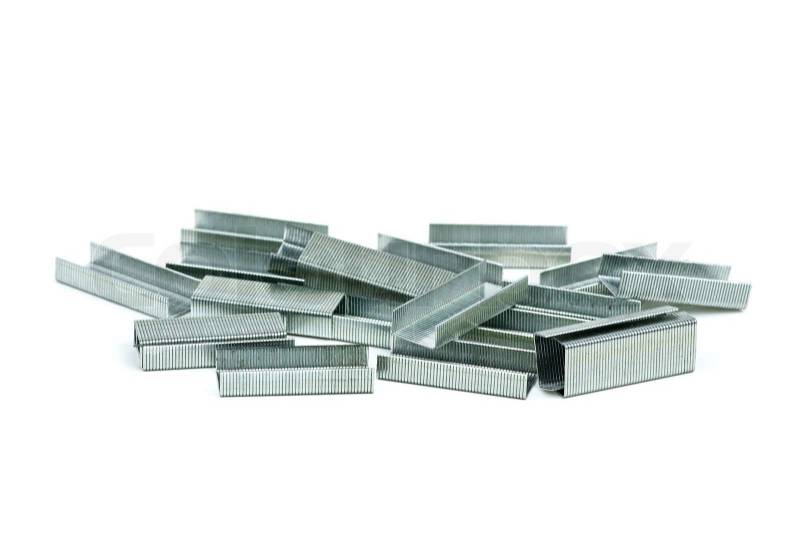“For the want of a nail the shoe was lost,
For the want of a shoe the horse was lost,
For the want of a horse the rider was lost,
For the want of a rider the battle was lost,
For the want of a battle the kingdom was lost,
And all for the want of a horseshoe-nail.”
- Benjamin Franklin
On September 29, 2016 the Maryland Court of Special Appeals decided that the lack of a staple connecting a signature page to the remainder of a Will does not render the Will invalid.
The case of Castruccio v. Estate of Castruccio was an otherwise common Will contest. The twist was the disgruntled heir's reliance on an almost 90 year old case that nullified a Will for lack of an attached signature page. The heir challenged the Castruccio Will because the original filed in the courthouse consisted of six unconnected pages- none were stapled together.
For lack of the traditional two-pronged metal fastener, long used to demonstrate the unity of a document, the disgruntled heir sought to undo the testamentary wishes of her relative.
For her proof, the heir's lawyer obtained a copy of the original Will with an affidavit stating that the court's scanner was precise enough to detect the absence of staple holes in the document. This evidence grounded the claim that the Will could not be valid because the signature page was disconnected from the prior pages.
This opinion came pretty close to containing the phrase "poppy cock." The appellate court declared that the ancient case law was not to be read in a way that would create an "engine of destruction" for commonly unified documents. For example, the use of a paper clip to secure the pages in a way that does not leave a mark on the page would have also nullified the Will under the heir's analysis. Only the tried and true staple for her!
Lawyers use word processing programs that are often formatted to keep signature pages separate, allowing minor revisions without disrupting pre-drafted signature blocks. Documents are scanned, and the "original" my now only reside on a hard-drive as a .pdf file. In fact, most of our courts now require electronically filed documents, with the electronic signatures. There are no "staples" to speak of. For that matter, there is very little physical mail exchanged among lawyers, any more.
The Maryland Court of Special Appeals reconciled modern practices with some of the oldest legal principles, dating from the 1700's. It recognized that the "single document" requirement for Wills sought to assure witnesses were acknowledging documents that were continuous in content, and complete in form. Physical attachment was often the easiest means to identify a document as unified. But that is just not true, anymore.

